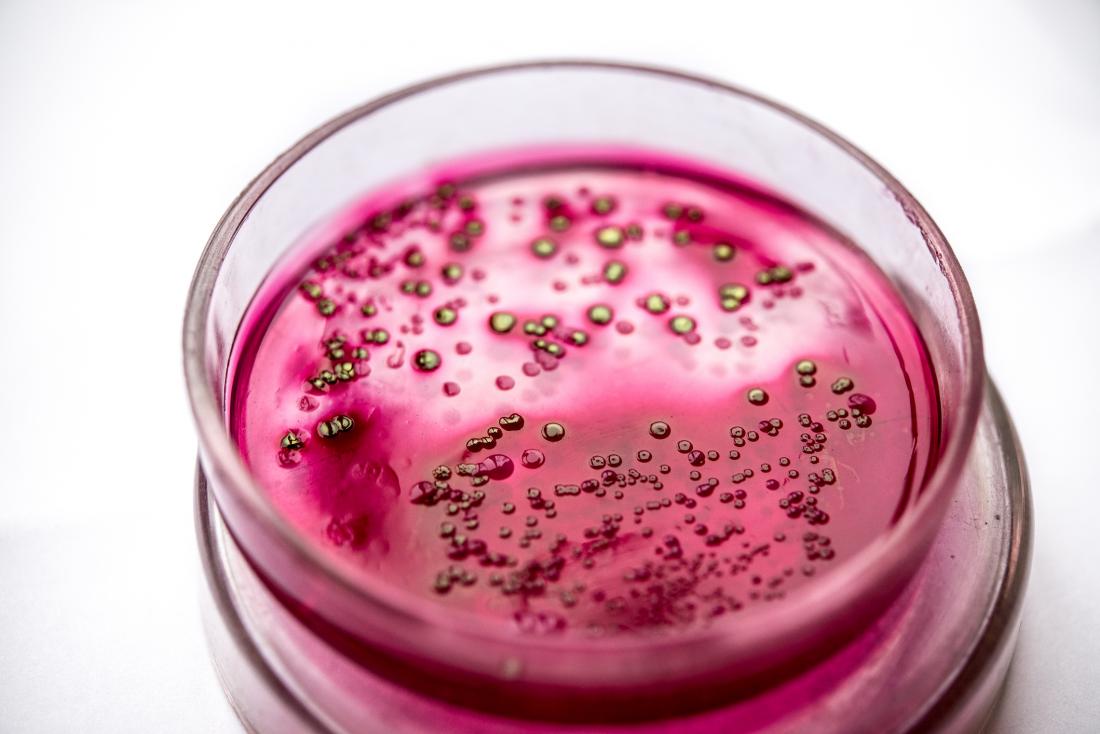How and why our bodies starve gut bacteria

Do bacteria have an unlimited supply of nutrients in the gut? In the past, scientists tended to believe that the gut is a kind of paradise for these microorganisms; but, as it turns out, that assumption is incorrect — which is good news for us.
According to recent research, our bodies may house more bacteria than we may have imagined.
In fact, at least half of the cells in the body are microbial, and a significant number of these populate our guts.
We have a symbiotic relationship with our bacteria. These microorganisms have a strong influence on the state of our overall health — both physical and mental.
However, the bacteria also depend on our bodies in order to feed, live, and grow, and it turns out that our bodies are rather adept at keeping these microorganisms in check.
How does this happen? By controlling how many nutrients the microbes are able to able to access. This is what a new study conducted by scientists from the Duke University School of Medicine in Durham, NC, has found.
"There appears to be a natural pecking order to the bacteria and us. In a way it's not surprising that we, the host, should hold more of the cards," says study co-author Lawrence A. David, Ph.D.
This contradicts previous ideas about the human gut microbiome, which view it as an environment "where there's abundant food and resources flooding in, like Willy Wonka's Chocolate Factory," as David puts it.
David and colleagues report their findings in the study paper that appears in the journal Nature Microbiology.
